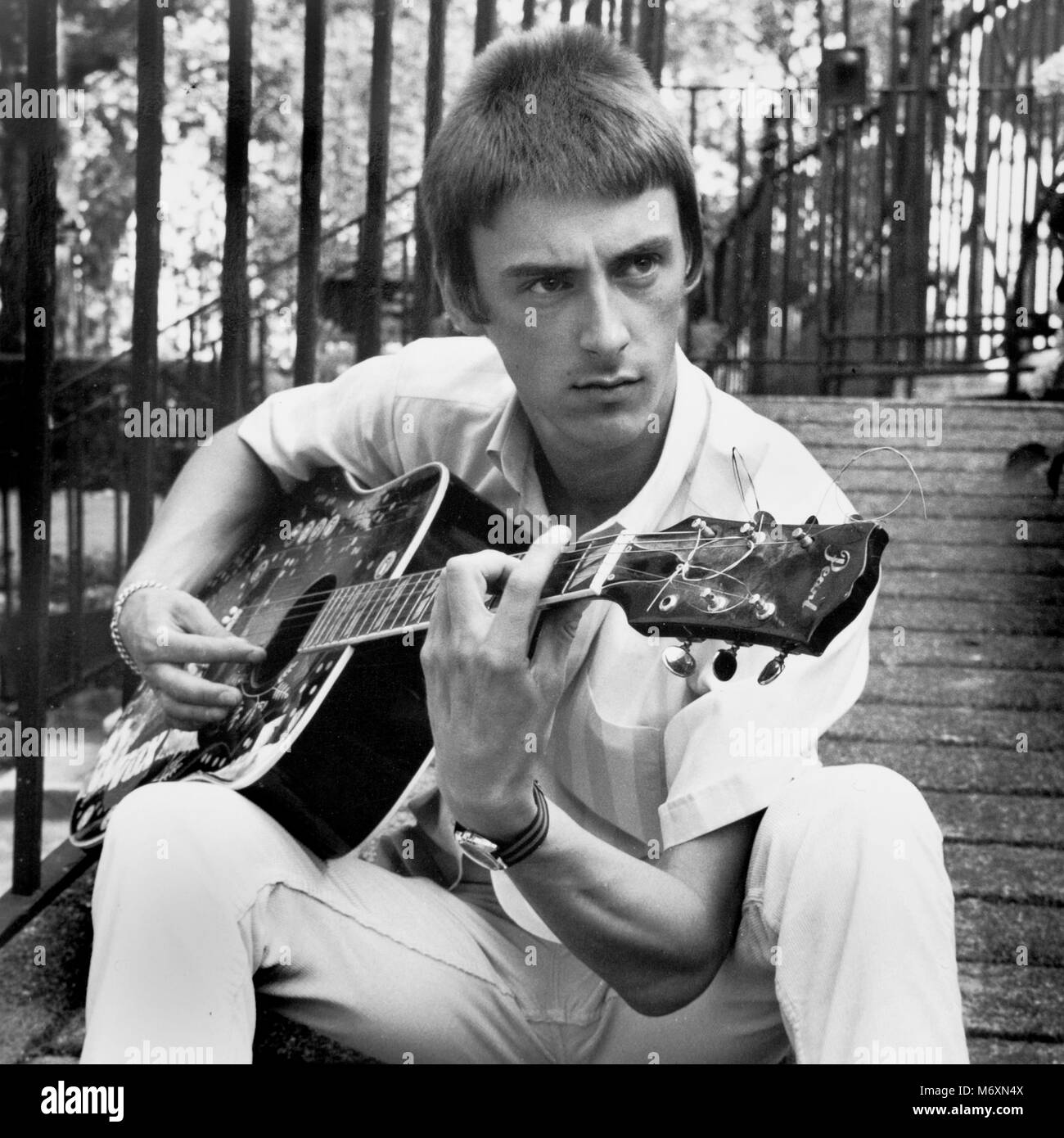
Not only is Snap! the ideal entrée into the world of Weller, it’s a working model of everything he’d later accomplish in The Style Council and solo.

Lean and lush at the same time, his many triumphs include the catchy yet chilling tale of racist brutality, “Down In The Tube Station At Midnight” his scalding take on war (class and otherwise), “The Eton Rifles” and the Motown-esque “Town Called Malice,” an upbeat yet melancholy hit that was one of Weller’s few singles to scrape the U.S. Meanwhile his lyrics-informed greatly by his hero, The Kinks’ Ray Davies-began to probe poetry, ideas, and emotion in a way that still telegraphed working-class grit. Single after single, album after album, he’d attempt to top himself by exploring everything from acoustic balladry and psychedelia to funk and power-pop. Weller was just 18 when “In The City” came out, and already he’d mastered the choppy R&B and bellowing passion for which he’d become known.īut as Weller’s chops grew into his ambition, he began tinkering.

Between those bookends lie 27 cuts of the most superb songwriting of the post-punk era. It starts with the band’s debut single-“In The City,” a Who-meets-Sex Pistols rallying cry released at the height of the punk boom in ’77-and ends with its 1982 swan song, “Beat Surrender,” a horn-spiked homage to ’60s soul. But Snap! has a lot more going for it than excellent music. But The Jam’s Snap!-released in 1983, just a year after Weller walked out on the trio-is one of those rare anthologies that has enough consistency, character, and brilliant non-album tracks to be considered an essential record in its own right. Why: Normally it’s a bit of a copout to recommend a best-of package as a gateway. Even his catalog of greatest-hits collections is a rambling mess, another dubious mark of distinction that shows just how perennially marketable he remains in his homeland. It doesn’t help that some of his best songs-like his first chart-topper, The Jam’s ironically anti-populist 1980 anthem, “Going Underground”-never appeared on a studio album. (Yeah, there’s also a tune or two about London.) The fact remains, though, that his oeuvre is a sprawling one, and there’s a lot of output of varying quality to comb through.
#Paul weller discography full
Weller’s discography is full of aching love songs, screeds against inequity, and celebrations of the rich lineage of rock and soul. But even the most myopic American should be able to take the long view. Granted, Weller has been called The Modfather, and he almost singlehandedly revived a sort of rousing (yet no less self-lacerating) British cultural pride in the late ’70s-just as punk was doing its best to trash such sentimentality. And if anything, his songs with The Jam, The Style Council, and currently as a solo artist are accessible and universal-and, unlike most of his peers, pretty much timeless. After all, Weller was at the height of his popularity in the early ’80s, at a time when a full-scale, new-wave British Invasion was taking place.


The reason often cited for this disparity is the A-word: anglocentrism. Why it’s daunting: The punchline Paul Weller has been dragging around for more than 30 years is this: Despite the fact that he’s been a seismic hitmaker in England for decades, he’s barely registered on American ears.


 0 kommentar(er)
0 kommentar(er)
